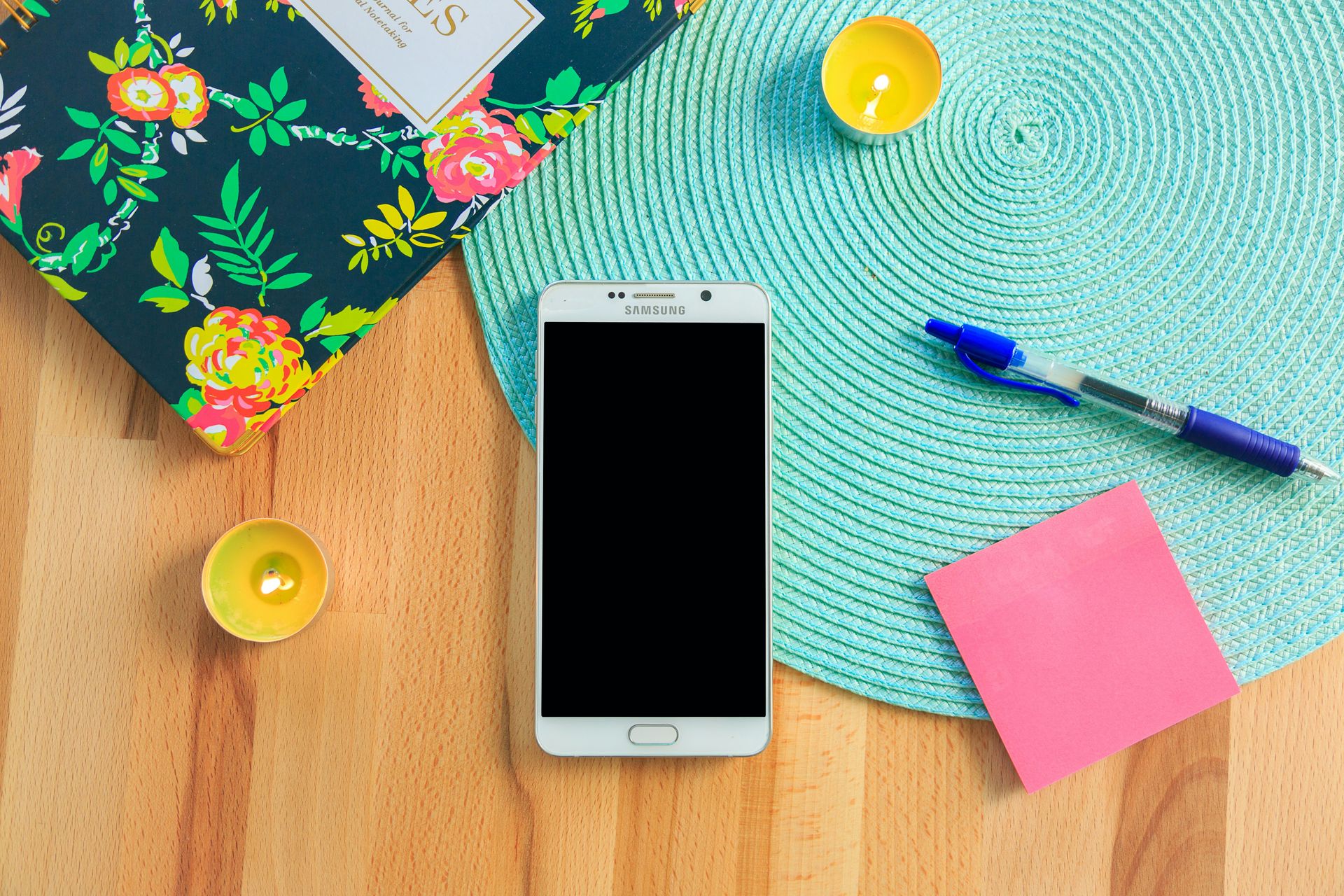FBI cracks Trump shooter’s Samsung phone, but the achievement comes after more error than trial. The current event shows how law enforcement continues facing challenges accessing locked smartphones. The said shooter tried to assassinate the former president, Donald Trump. The FBI opened the Samsung phone owned by the shooter, sparking debate about the relationships between smartphone manufacturers, law enforcement agencies, and digital privacy.
The incident exposed the methods investigators can use to access protected devices and the tools required, questioning the similarity in methods used by different smartphone producers. In an age where technological advancements show no signs of slowing down, a repeated cat-and-mouse between law enforcement and privacy advocates can be seen.

The cracking process
In this specific situation, the FBI enlisted Cellebrite, a digital forensics firm in Israel, to help unlock the phone. The process required specific software and took around 40 minutes to complete. In return, Cellebrite handed over an unreleased software to the FBI, which allowed investigators to bypass the phone’s security and make a copy of its contents. The complete operation was completed in about 40 minutes, showcasing the extreme power of advanced forensic technologies and some of the challenges they have to deal with.
The event has brought attention to the rivalry between security firms and smartphone manufacturers. Companies like Cellebrite are working on ways beyond these defenses, resembling the incessant squabbling of cats, dogs, and mice. Recent leaks of Cellebrite’s private documents have revealed interesting information about their ability to use “hacking” for the benefit of humanity, how they break into different smartphone models and operating systems, and how customers can access the information they want.
The FBI’s employment of Cellebrite technology in this high-profile case was not an unusual occurrence. Many law enforcement organizations worldwide employ similar techniques in their investigations, and the growing usage of smartphone-cracking technologies has sparked continuing debates about digital privacy and security. According to Cellebrite, its technology is used by over 6,900 public safety agencies and corporations in more than 100 nations, including all 50 US states and over 100 federal agencies. Tech firms frequently disagree with law enforcement authorities over demands for backdoor access to devices, as seen in 2015 when Apple declined to provide an iOS backdoor so that the FBI could access a phone related to a terrorist act.
Feature image credit: seeetz / Unsplash





